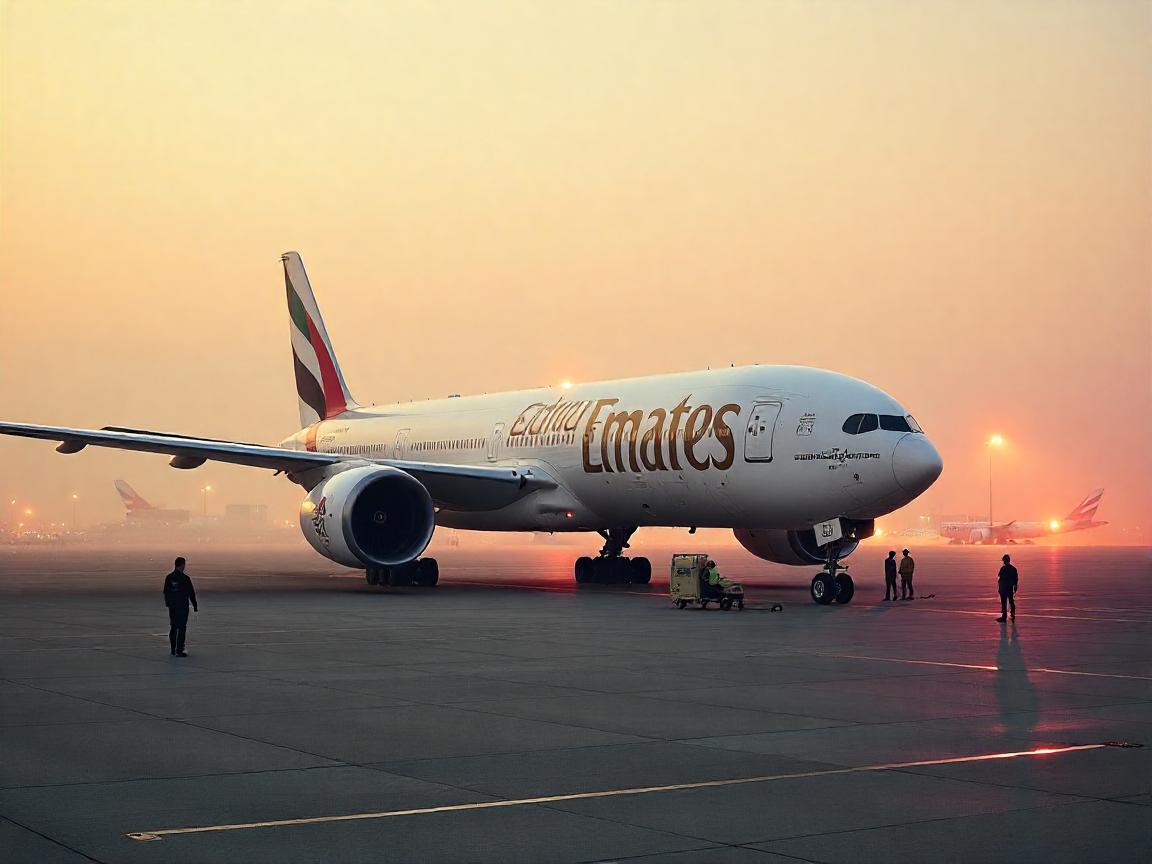Navigating the Crossfire: Australian Trade Tensions and the Case for Neutral Supply Chain Investments
The Australian economy, long a pivot point in the Indo-Pacific, now faces unprecedented geostrategic risks as distrust in U.S. and Chinese leadership deepens. Recent Lowy Institute polling reveals a stark reality: trust in U.S. global leadership has collapsed to 36%, while 53% of Australians foresee China as the world's dominant power by 2035. This divergence in sentiment—from reliance on the U.S. alliance to anxiety over China's rise—has created a volatile backdrop for trade, with implications for investors in resource sectors and opportunities in supply chain resilience.

Australia's trade policies are caught in a vice. U.S. tariff threats, particularly under Trump's “Liberation Day” agenda, target key exports like agricultural goods and defense components (e.g., Boeing 787 wings). Meanwhile, China's shift toward “friendshoring” and diversification of supply chains—replacing Australian iron ore with Brazilian and Indonesian alternatives—has eroded demand for traditional commodities. The result? A and a public now evenly split on whether China is an economic partner or a security threat.
The mining giants—BHP (BHP.AX), Rio Tinto (RIO.AX)—face a dual threat. While China's infrastructure spending sustains iron ore demand, its long-term strategy to reduce reliance on Australian raw materials (e.g., lithium from Africa) could crimp margins. Meanwhile, U.S. tariffs on agricultural exports like wine (Accolade Wines, ACC.AX) and beef (JBS Australia) risk pricing Australia out of key markets. Investors in these sectors must weigh near-term resilience against structural risks tied to trade wars.
The path forward lies in through companies diversifying supply chains or targeting markets insulated from Sino-U.S. tensions. Consider these vectors:
Investors should reallocate capital toward companies with , such as:- : A gold producer with operations in Canada and Finland, offering a hedge against resource nationalism.- : The Southeast Asian tech giant (operating in e-commerce, gaming, and fintech) benefits from the region's digital boom, untethered to U.S.-China tech rivalry.- Coca-Cola Amatil (CCL): A beverage company expanding in Asia-Pacific markets, leveraging local supply chains.
Australia's trade tensions reflect a broader global truth: economic stability requires supply chain resilience and geographic neutrality. Investors should prioritize firms decoupling from U.S.-China dependency—whether through Southeast Asian partnerships, critical minerals for renewables, or tech innovation. The era of binary alliances is over; the winners will be those who build flexibility into every link of the chain.
As trust in superpowers wanes, the smart money bets on agility.












